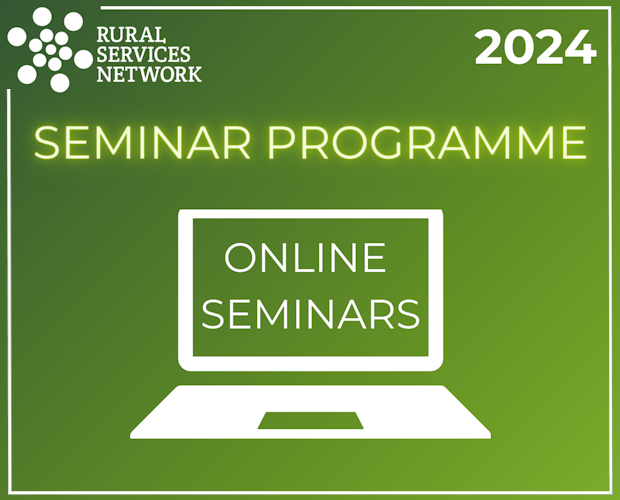T: 01822 851370 E: [email protected]
Rural Transport
The Rural Services Network is in Parliament today launching its manifesto asks of the political parties. The report will be launched with a number of MPs in a session hosted by Derek Thomas MP, Chair of the All Party...
The Department of Transport (DfT) is championing a transformative initiative to revitalise transportation in rural areas, focusing on integrating innovative practices and enhancing service quality for users. This endeavour aims to strengthen connections within rural communities, significantly improving their access...
The "Hidden Hardship" report, conducted by Dr. Stephanie Denning at Coventry University and vividly illustrated by Beth Waters, provides an in-depth and emotive portrayal of the challenges faced by rural communities in the North Cotswolds. The report unveils...
In a move that could disproportionately affect rural communities across the UK, the proposed 20% VAT hike on private hire and minicab journeys – colloquially termed the 'Taxi Tax' – is raising alarms about the accessibility of essential services, particularly...
A debate in the House of Commons on 9th January raised concerns over the lack of NHS dentists available. It cited a Nuffield Trust report into the State of NHS Dentistry which states that NHS funded dental...
It’s time to get organised for 2024 and make some time in your diary to attend one of our rural focused seminars. Almost 550 of you attended an RSN seminar in 2023 so let's make it the place to...
Two Universities are joining up to tackle the growing problem of a recruitment crisis in pharmacies in the South West. The BBC reports on how “the University of Bath is working with the University of Plymouth to deliver its...
The Chair of the APPG for Rural Services, Derek Thomas MP, sponsored a Westminster Hall Debate on 5th December focusing on loneliness and isolation in elderly and vulnerable people. A number of issues were raised which highlight the challenges...
The challenges facing rural areas have been repeatedly debated in Parliament this week. Alongside Chris Loder MP’s debate on funding for rural councils ( read what happened here ), Sarah Dyke MP (Somerton & Frome, Lib Dem) used her first...
A new report by the Social Market Foundation has revealed the extent of the financial burden transport costs is putting on rural communities. The research carried out as part of Getting the measure of transport poverty...
NEWSLETTER
Sign up to receive all our latest news and updates.
HOT TOPICS
Amid reduced public spending, fair resource allocation across regions is crucial. Despite a population larger than Greater London, rural areas receive significantly less funding for essential services, even though delivering these services in rural areas is more expensive.
Economic growth is widely acknowledged as essential for national wealth and prosperity and is a priority for political parties. Rural economies, employing millions and home to a higher proportion of small businesses, have potential for growth if barriers are removed.
Rural residents face distinct healthcare challenges, including limited access to transport, longer distances to medical facilities, an aging demographic, housing inadequacies, digital connectivity gaps, and difficulties recruiting health and care workers.
Rural communities are grappling with a severe affordable housing crisis, marked by high house prices, a lack of affordable housing, elevated living costs, and lower incomes, threatening their sustainability and vitality.
Transport is vital for the quality of life and economic health of rural areas, yet it faces challenges such as infrequent public bus services and less Government funding compared to urban regions.
Rural areas, encompassing a substantial portion of England's population and land, play a pivotal role in combating climate change and achieving the net zero target.
In an increasingly digital world, the lack of robust digital infrastructure in rural areas severely limits access to crucial services and stifles economic growth.
A future-focused vision for rural communities involves not just building the right homes in the right places but also ensuring thriving, sustainable communities.
SIGN UP TO OUR NEWSLETTER
Sign up to our newsletter to receive all the latest news and updates.













